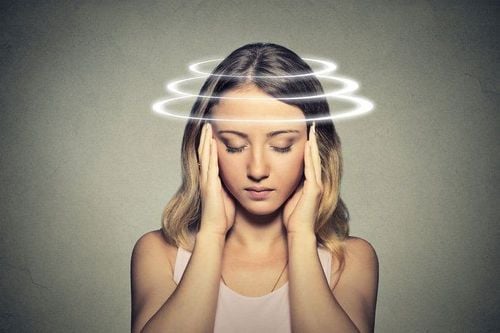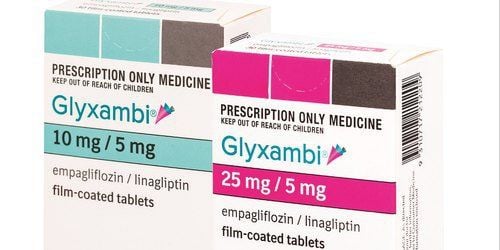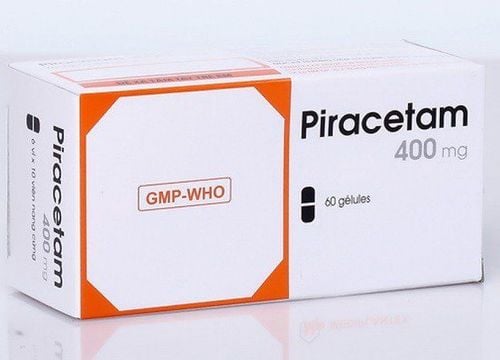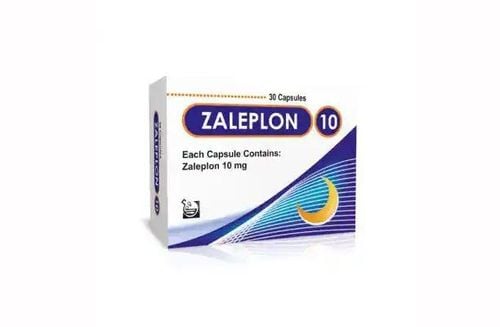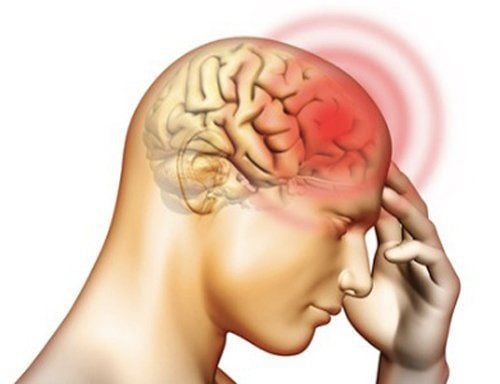This is an automatically translated article.
Dementia often occurs in people with advanced age, can stem from many different causes, including stroke, traumatic brain injury or intellectual decline. It also causes some cognitive problems, such as memory, reasoning, judgment, or language use.
1. What is dementia?
Dementia syndrome is a condition that is associated with a severe decline in memory as well as cognitive abilities, including memory, attention, logical reasoning, language, and problem-solving skills problems of a social or professional nature.
Dementia is a more severe manifestation of memory loss, it can result from other medical conditions, such as stroke, intellectual impairment, and traumatic brain injury. People with this syndrome often have partial or complete loss of memory, depending on the extent of the damage. In addition, memory loss can be temporary or in some cases permanent.
According to research, dementia most often affects adults aged 60 and over. Scientists also estimate that the frequency of dementia in people over 65 will double every five years.
2. Causes of dementia
In fact, dementia will appear with increasing frequency with age. One of the main causes of this syndrome is Alzheimer's disease - the most common form of dementia. In addition, some other triggers, including:Lewy body dementia vascular dementia Parkinson's disease vestibular-temporal dementia Thyroid problems Drug poisoning Thiamine deficiency Addiction alcohol Brain injury

Chấn thương não có thể là nguyên nhân gây tình trạng mất trí nhớ
Brain infections: like meningitis and syphilis Stroke Multiple sclerosis HIV infection Hydrocephalus Brain Tumor Pick's Disease
3. Diagnosing dementia
In diagnosing dementia syndrome, the doctor will base on certain criteria, including impaired attention, memory, orientation, language, judgment, motor skills, identification spatial determination and other functions.
In addition, the doctor will also review the patient's medical history and perform a physical exam. Several tests are used in the diagnosis of dementia, including:
Blood and urine tests Chest X-ray Brain scan (CT or MRI) Electroencephalogram (EEG) Lumbar puncture spinal fluid analysis The earlier the diagnosis is made, the higher the chance of improving dementia, thereby helping to improve the quality of life for patients both physically and mentally.
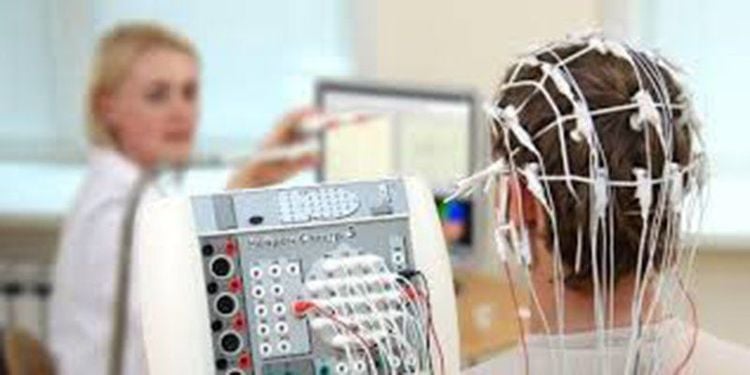
Điện não đồ (EEG) giúp bác sĩ chẩn đoán chứng mất trí nhớ
4. Treatment of dementia
Treatment for dementia is often directed at controlling symptoms and identifying the cause of the disease.
Currently, there is no specific treatment for dementia, but patients can still improve this disease through some of the following ways:
Using acetylcholinesterase inhibitors: such as: donepezil and galantamine. These drugs work to slow cognitive changes in people with dementia. However, the effect of the drug is only modest and cannot prevent the condition from getting worse. Therefore, patients still have to seek the support of other methods.
For people with Wernicke-Korsakoff syndrome, which occurs due to a deficiency of Thiamin (vitamin B1), it should be treated by adjusting vitamin intake as well as daily nutrition. In addition, thiamin deficiency is related to an excess of alcohol in the body, so to control dementia, you should try to eliminate them outside.
In addition, factors such as agitation or emotional problems need to be controlled. This is an important part of dementia treatment. To do this, you should participate in more collective activities, regularly socialize with friends, exercise to improve health and relax your soul.
In addition, you should also look to therapists for guidance and improve your memory. Treatment may include using familiar sounds, images, or scents to evoke and activate your memory.
If you often forget your appointments, dates or times to take your medicine; You should set up reminders on your phone, computer or take notes on paper to help yourself not to miss important schedules. It's also a very useful way to identify and remember your day's activities.

Định kỳ khám sức khỏe giúp người bệnh được phát hiện bệnh lý sớm
Last, but not least in the process of dementia treatment, is lifestyle change. This includes:
Adopt a healthy diet: add more vitamins, green vegetables, fruits, limit fats, alcohol or stimulants. Get at least 30 minutes of exercise each day, such as walking, jogging, biking, yoga, or meditation. Keep the room neat and clean, avoiding clutter that affects memory. Make a list of things to do in a day Vinmec International General Hospital is one of the hospitals that not only ensures professional quality with a team of leading doctors and nurses, a system of modern equipment and technology, but also stands out with comprehensive and professional medical examination, consulting and treatment services; civilized, polite, safe and sterile medical examination and treatment space. Customers when choosing to perform tests here can be completely assured of the accuracy of test results.
Customers can directly go to Vinmec Health system nationwide to visit or contact the hotline here for support.
Reference article source: webmd.com




